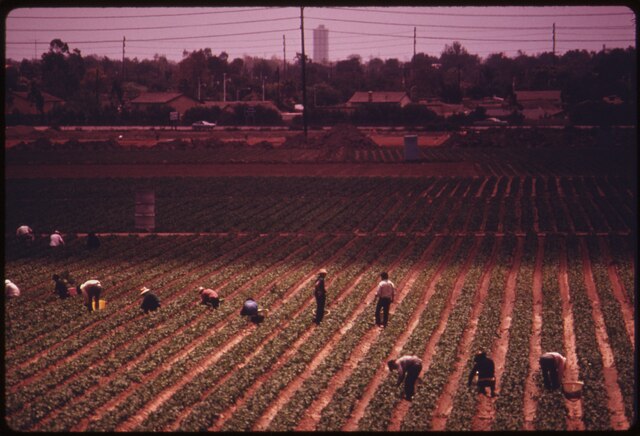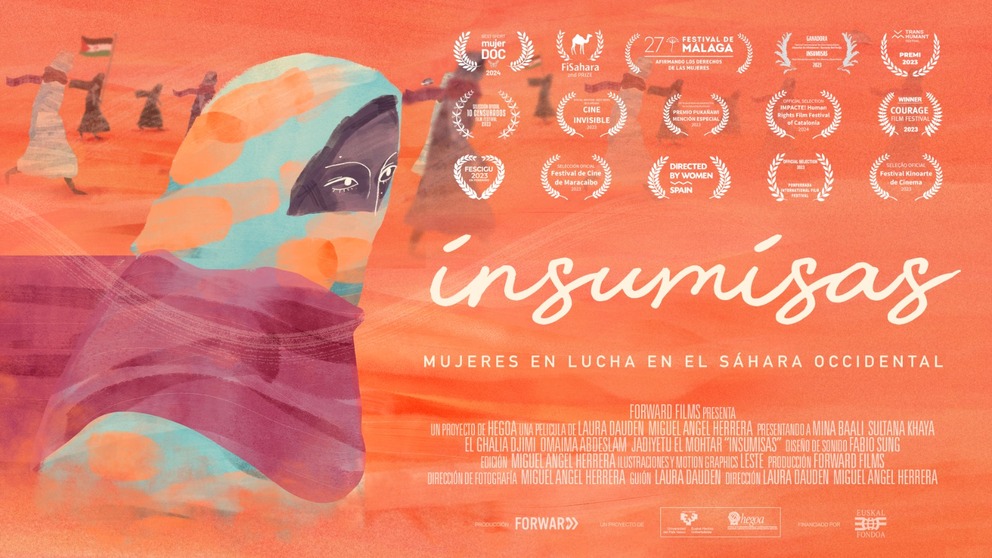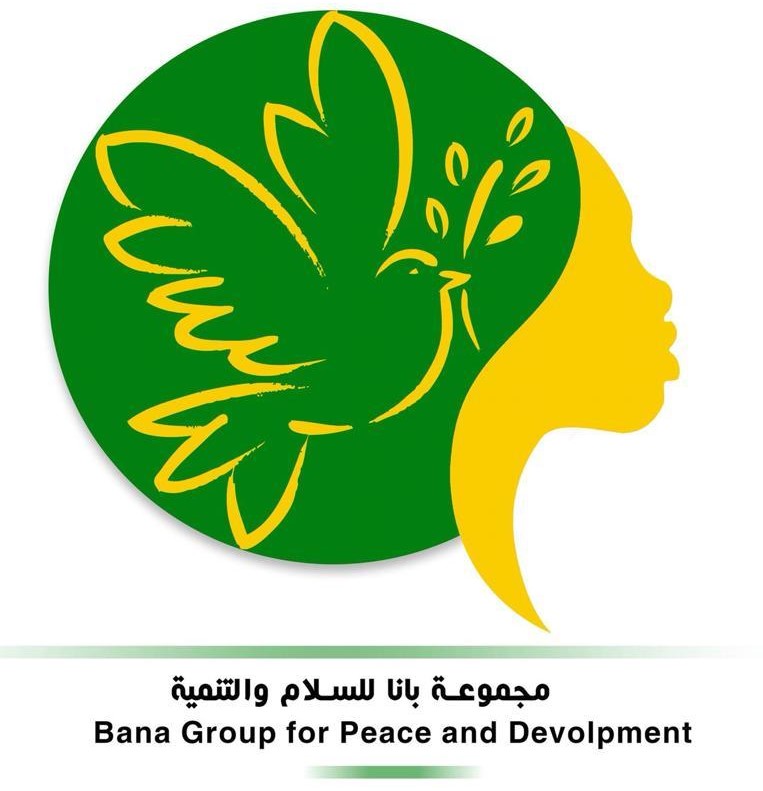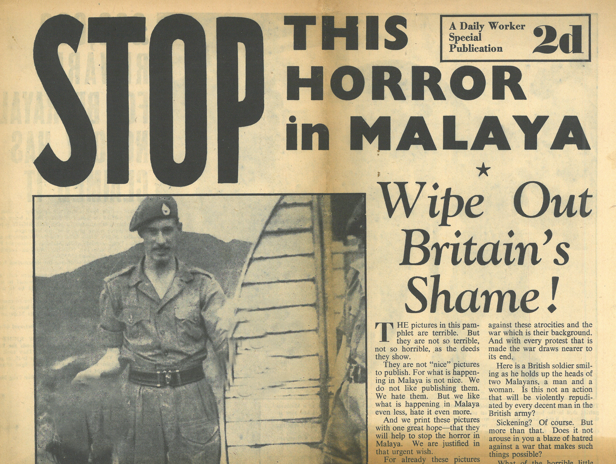Rebellious Daughters of History #38
by ,,Judy Cox

Why the statues must fall: Wambui Otieno and the Mau Mau Uprising (1936-2011)
Wambui was born in Kiambu District in southern Kikuyuland on 1936 to a well-off family of landowners. Her father, Tiras Waiyaki Wantoni, was a police inspector and her three elder brothers were educated in Britain.
Wambui was the great granddaughter of Waiyaki wa Hinga, a Kikuyu leader who was arrested in 1892 by officials of the Imperial British East Africa Company. He died soon after the arrest. Wambui wrote that he was buried alive for opposing the violent seizure of Kikuyu land.
During the Mau Mau rebellion of 1952-60 members of the Kikuyu tribe were detained in concentration camps, where they were systematically tortured and sexually assaulted.
Up to 100,000 rebels died. The Kenya Human Rights Commission estimated 90,000 Kenyans were killed or maimed and 160,000 detained during the uprising.
In 1952, while at secondary school, Wambui swore an oath of allegiance to Mau Mau and in 1954 she left home to join the Mau Mau insurgency in Nairobi.
Wambui spied on the British and mobilised women and domestic staff to obtain arms. She campaigned to eradicate the “colour bar” in Nairobi, which designated separate areas in public spaces for Europeans, Asians and Africans.
She was arrested several times and served with orders excluding her from Nairobi, which she flouted.
Wambui had three children with her fiancé, who she was unable to marry because of family opposition.
After Mau Mau forces had been defeated, she became involved in trade union activities. She was arrested in July 1960 for mobilising women for strikes and riots, and detained in a camp in Lamu until January 1961. She was raped and impregnated by a British prison officer.
After her release from detention, Wambui became active in a series of Kenyan political parties including the Kiama Kia Muingi, an organisation that was a successor to Mau Mau.
She was one of the first women to run for political office in postcolonial Kenya as a KANU candidate in 1969 and stood again in 1974, although she was unsuccessful. she served as an official in a number of Kenyan and international Women’s organisations.
It was not until 2013, that Mau Mau rebels who were raped, castrated and beaten by British troops were awarded £14million compensation – but there was no apology.

Why the statues must fall: Pritilata Waddedar (1911 -1932)
Pritilata was born in a middle-class Vaidya (Baidya) family in Dhalghat village in Patiya upazila of Chittagong now in Bangladesh.
She passed out of Dr. Khastagir Government Girls’ School in 1928 and in 1929, got admitted to the Eden College, Dhaka where she became a top student.
Pritilata then went to Calcutta, now Kolkata, to attend the Bethune College. She graduated in Philosophy from the college with a distinction. However, her degree was withheld by British authorities.
Pritilata returned to Chittagong to take up the job of headmistress at a English secondary school.
Pritilata joined the Indian independence movement against British colonialism. One man, Binod Bihari Chowdhury, objected to women joining the group but Pritalata was allowed to join. “Pritilata was young and courageous. She would work with a lot of zeal and was determined to drive the British away,” Chowdhury later acknowledged.
Pritilata took part in many raids in British targets, like the Telephone & Telegraph offices.
In 1932, the group planned an attack on the Pahartali European Club whose sign read “Dogs and Indians not allowed”. Pritilata was the leader of the attack prepared with arms training.
On 23 September 1932, Pritilata dressed herself as a Punjabi man and led a group of 15 revolutionaries to torch the club.
Police officers inside the club started shooting and Pritilata received a bullet wound.
Pritilata was trapped by the British police. She swallowed cyanide to avoid getting arrested.
She was 21 years old
In 2012, the University of Calcutta posthumously awarded Pritilata the degree the British had denied her.



